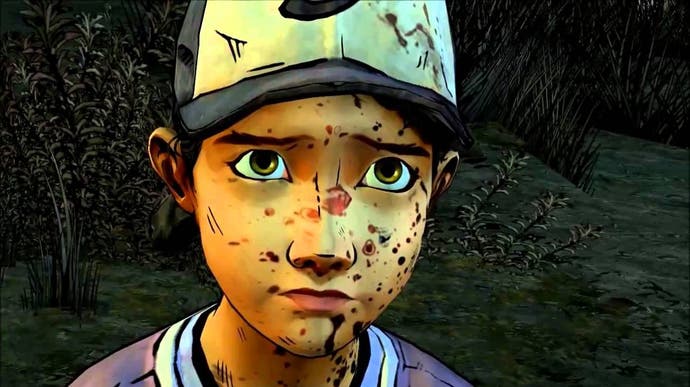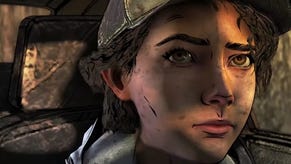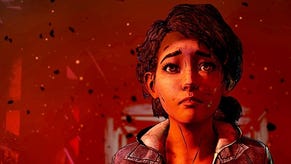When did we forget people - not brands - make games?
Clementine will remember this.
The downfall of Telltale, maker of The Walking Dead episodic series of games, sent shockwaves rippling through the video game industry. Over 200 people lost their jobs in one fell swoop. That's shocking enough, but here's the kicker: Telltale let these people go without giving them severance pay. This means hundreds of staff will struggle to pay rent, mortgages, or perhaps even feed their families. According to one former member of the team, some started at Telltale as recently as a week ago, and some of those people have children. At least one relocated across the country. The situation is heartbreaking.
The immediate outpouring of support from the industry and many gamers on social media was welcome. But as other video game companies, such as Ubisoft, highlighted available positions and Telltale fans tweeted their favourite Telltale game memories, the discourse started to change. I noticed people wonder about the fate of The Walking Dead's final season, which may end prematurely as a result of the mass layoffs. This wonder became concern, then anger and now, well, there's no nice way to put this: there are shockingly bad takes all round. I've seen people writing on the internet that Telltale's ex-staff - ex-staff! - should complete The Walking Dead's final season for free. I can't think of a more objectionable opinion.
And then, last night, Telltale, which, by the way, continues to operate with some 25 staff "to fulfill the company's obligations to its board and partners", issued a tweet saying "multiple potential partners have stepped forward to express interest in helping to see The Final Season through to completion", which suggests episodes three and four may see the light of day. Fans reacted to this tweet with joy, but I couldn't help but shake my head. How tone deaf. How insensitive. How soul-destroying for the hundreds now without a job, that their previous bosses, those managers who ran the company - and its staff - into the ground over the course of years would throw them under a bus without severance, only to say just days later that others may come in to finish the job.
Some within the video game industry have reacted to Telltale's latest tweet with the disdain it deserves, calling the company out for moving to reassure its fans before doing right by the staff now scrambling to make ends meet. But I fear this disdain will be overshadowed by the outcry over a potentially incomplete season of video games. Those who've already forked out for a full season of episodes want to know they'll get what they've paid for. There is no time for empathy, it seems, in the fast-moving, community-pleasing at-all-costs video game industry.
When did we forget people - not brands - make games? When did the fate of corporate logos become a bigger deal than the fate of the people who crunched to make those logos mean something? When did the fate of video game characters become more important than the fate of video game developers?
I'm not sure, exactly, when the tide turned, but throughout all of this I have had Vince Zampella and Jason West, the co-founders of Call of Duty maker Infinity Ward, in mind. I don't know if their high-profile battle with Activision changed the way publishers think about superstar video game developers, but I do know that for many publishers it's all about the developer as a brand, not a collection of human beings toiling away at weekends. Individuals are de-emphasised, logos brought to the fore. And this approach works. Activision had members of Treyarch stand on-stage to reveal Call of Duty: Black Ops 4, but I suspect the vast majority of players don't know the names of anyone who worked on their favourite shooter, let alone the challenge they faced getting a battle royale mode into the game in just a year.
The upshot of all of this, of course, is video game developers need better protection when it comes to labour rights. There are some protections in place in the UK to help staff following abrupt, mass layoffs. In the US, from what I can tell, there is no protection. Telltale's former staff are cut adrift without any severance and it seems there is little they can do about it. The staff were exploited then discarded, expendable and worthless in the eyes of the bosses who for years cracked the whip.
We should remember that, just as Clementine might have.









